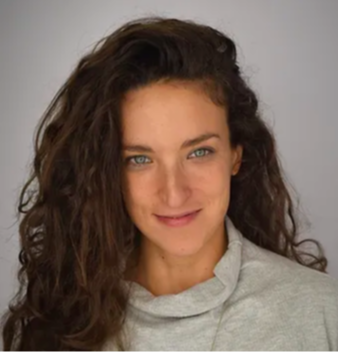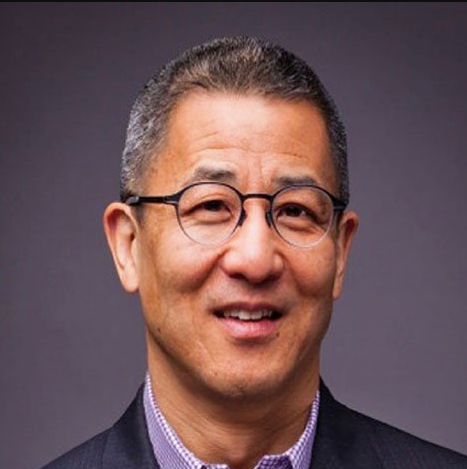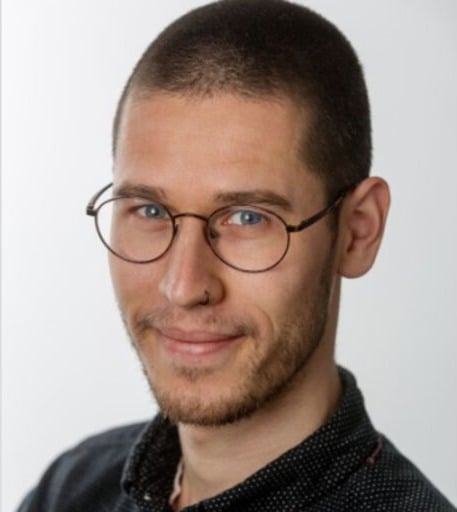The Explorer’s Edge
Live Community Gatherings for Aspiring and Established Psychedelic Practitioners
DECEMBER 2023 Edition
|
Palliative Psychedelics
Exploring Compassionate Approaches to End Of Life Care
Palliative Psychedelics
Five (5) key points from the panel:
- 1. The Price of Progress: Rapid advances in medicine and technology have delivered tangible benefits to us as a species, but they have also come with hidden costs. We are less connected to the wider ecosystem and to its natural cycles; The medicalisation of natural processes including death and birth has often placed them in a binary, pathological context. Instead of being seen as a potential rite of passage, death is viewed as a failure of care. Although it does not remove many of the emotional difficulties and challenges, shifting the cultural focus from cure to consciousness could help us to view these processes as a design feature, rather than a design flaw.
- 2. Panoramic Perspectives: Paradigmatic shifts that allow us to holistically reintegrate into the cycles of life and death collectively re-humanize us, allowing us to grieve together in an embodied way. Demand for this shift is occurring at a point in time when the prevailing culture has become increasingly neoliberal and materialist. This has affected access to timely, qualitative end-of-life care, and altered our perspective of what a ‘good death’ might look like. There is evidence to suggest that the current cultural container does not have the capacity or resilience to work with the complexity of these intangible mental, emotional and spiritual dimensions.
- 3. Nature and Nurture: The reorientation towards consciousness that is encouraged by psychedelic medicines is relevant to us all, not just those facing an end-of-life diagnosis. Transcendent experiences take time and preparation to integrate, with lessons that can be brought back into life. Neither are these benefits limited to the medicines themselves, as they are synergised by the warmth and care received within an environment of greater empathy, patience and connection. ‘Set and Setting’ needs to be re-evaluated on a systemic level beyond the scope of psychedelic intervention, especially if we are to avoid such medicines becoming just another thing on the conveyor belt of routinized care.
- 4. Conscious of Contraindications: When it comes to screening, individuals must have the mental and physical capacity to cope with such treatments. This involves evaluating metabolic and cardiac functions, symptomatic management, and assessing degrees of psychological openness and resilience. When mitigating the risks of potentially challenging or overwhelming experiences, some factors to consider include levels of neuroticism, dose, relational background and previous experiences, embodied practices, and access to a like-minded religious, spiritual or existential community support network. An individual's willingness and ability to lean into these questions and perspectives also has to come from within, and cannot be externally encouraged or enforced. However while the current environment predominantly leans towards a modus operandi of striving and control, such processes often benefit from an ability to accept and to let go.
- 5. Quality and Quantity: Finally, it may be that access to psychedelic care cannot be scaled in the traditional way. In spite of the demand, there is evidence to suggest that psychedelic-assisted care should not be rushed and rolled out en masse. In a society heavily focused on theoretical technicalities and qualifications - to have guides, practitioners or supervisors without any degree of personal experience is something that could present cause for concern; Sympathy is from the sidelines, but empathy is from experience. To medicalize and professionalize the nature of ritual, ceremony and community would take away from it, by transforming the nature of the question into something that it is not. For example, this could be akin to reducing an intangible holistic process like ‘love’ to its constituent hormones and molecules.
Our Expert Panel:

Dr. Stephanie Van Hope, RN, DNP is a registered nurse, certified nurse coach and doctor of nursing practice. She graduated with a DNP in the specialty of Integrative Health and Healing from the University of Minnesota in 2019. Stephanie has worked as a nurse for the last 12 years in the areas of oncology, hospice, health coaching, and education. In 2011 she served as a study guide for NYU’s Psilocybin Cancer Anxiety project, guiding cancer patients through psychedelic journeys with psilocybin. In 2021 she founded a continuing education course for nurses entitled Nursing & Sacred Medicine: Introduction to Psychedelic Therapy. She is a Reiki practitioner and a student of yoga, meditation, shamanic healing, plant medicine, music and dance, and the sacred traditions of many faiths. She currently resides with her husband and son in an intentional community in the Catskills region of New York
CLOSEDr. Stephanie Van Hope, RN, DNP is a registered nurse, certified nurse coach and doctor of nursing practice. She graduated with a DNP in the specialty of Integrative Health and Healing from the University of Minnesota in 2019. Stephanie has worked as a nurse for the last 12 years in the areas of oncology, hospice, health coaching, and education. In 2011 she served as a study guide for NYU’s Psilocybin Cancer Anxiety project, guiding cancer patients through psychedelic journeys with psilocybin. In 2021 she founded a continuing education course for nurses entitled Nursing & Sacred Medicine: Introduction to Psychedelic Therapy. She is a Reiki practitioner and a student of yoga, meditation, shamanic healing, plant medicine, music and dance, and the sacred traditions of many faiths. She currently resides with her husband and son in an intentional community in the Catskills region of New York
CLOSE
Dr. Anthony Back, a Stanford and Harvard Medical School alumnus, is a Professor of Medicine at the University of Washington. His research on patient-oncologist communication, funded by the National Cancer Institute, led to the creation of VitalTalk—a 501c3 dedicated to providing communication skills training for healthcare professionals caring for those with serious illnesses. Recognized with the Pathfinder in Palliative Care Award from the American Cancer Society and the inaugural Walther Cancer Foundation Palliative and Supportive Care Award from the American Society of Clinical Oncology, Dr. Back turned to psychedelic therapy in 2018. He published the sole first-person account by a physician of a guided psychedelic experience in a medical journal ("What Psilocybin Taught Me About Dying"). Currently, he leads the first clinical trial of psilocybin-assisted therapy for healthcare professionals experiencing depression and burnout due to their frontline work during the COVID pandemic, funded by the Steven and Alexandra Cohen Foundation.
CLOSEDr. Anthony Back, a Stanford and Harvard Medical School alumnus, is a Professor of Medicine at the University of Washington. His research on patient-oncologist communication, funded by the National Cancer Institute, led to the creation of VitalTalk—a 501c3 dedicated to providing communication skills training for healthcare professionals caring for those with serious illnesses. Recognized with the Pathfinder in Palliative Care Award from the American Cancer Society and the inaugural Walther Cancer Foundation Palliative and Supportive Care Award from the American Society of Clinical Oncology, Dr. Back turned to psychedelic therapy in 2018. He published the sole first-person account by a physician of a guided psychedelic experience in a medical journal ("What Psilocybin Taught Me About Dying"). Currently, he leads the first clinical trial of psilocybin-assisted therapy for healthcare professionals experiencing depression and burnout due to their frontline work during the COVID pandemic, funded by the Steven and Alexandra Cohen Foundation.
CLOSE
HOST
Daan Keiman
Daan Keiman, psychedelic and Buddhist chaplain, educator, and Synthesis Content Advisor, has supported people preparing for, moving through and integrating psychedelic experiences for over 15 years in a wide variety of settings - ranging from offering psychedelic harm reduction at festivals and leading group ceremonies at The Synthesis Institute, to his private practice as a Buddhist and psychedelic chaplain. He co-founded the Communitas Collective, a not-for-profit psychedelic think-and-practice tank dedicated to developing, refining and disseminating ethical approaches and best practices to delivering psychedelic care.
The Explorer's Edge
Live Community Gatherings for Aspiring and Established Psychedelic Practitioners
'The Explorer’s Edge' is a series of online community gatherings designed to support, inspire, and educate both aspiring and experienced psychedelic practitioners. Our events cover a broad spectrum of topics, all adjacent, relevant, and timely to the field of psychedelic care. We delve deep into discussions focused on psychedelic care, creating e a safe and educational container that allows professionals from across the globe to plug into the pulse of the modern-day psychedelic movement.
By participating, you gain unparalleled access to up-to-date information, trusted experts, and firsthand insights from those at the forefront of psychedelic care. ‘The Explorer’s Edge’ is your opportunity to be part of a community that’s shaping the future of psychedelic care, where knowledge empowers and connections thrive.